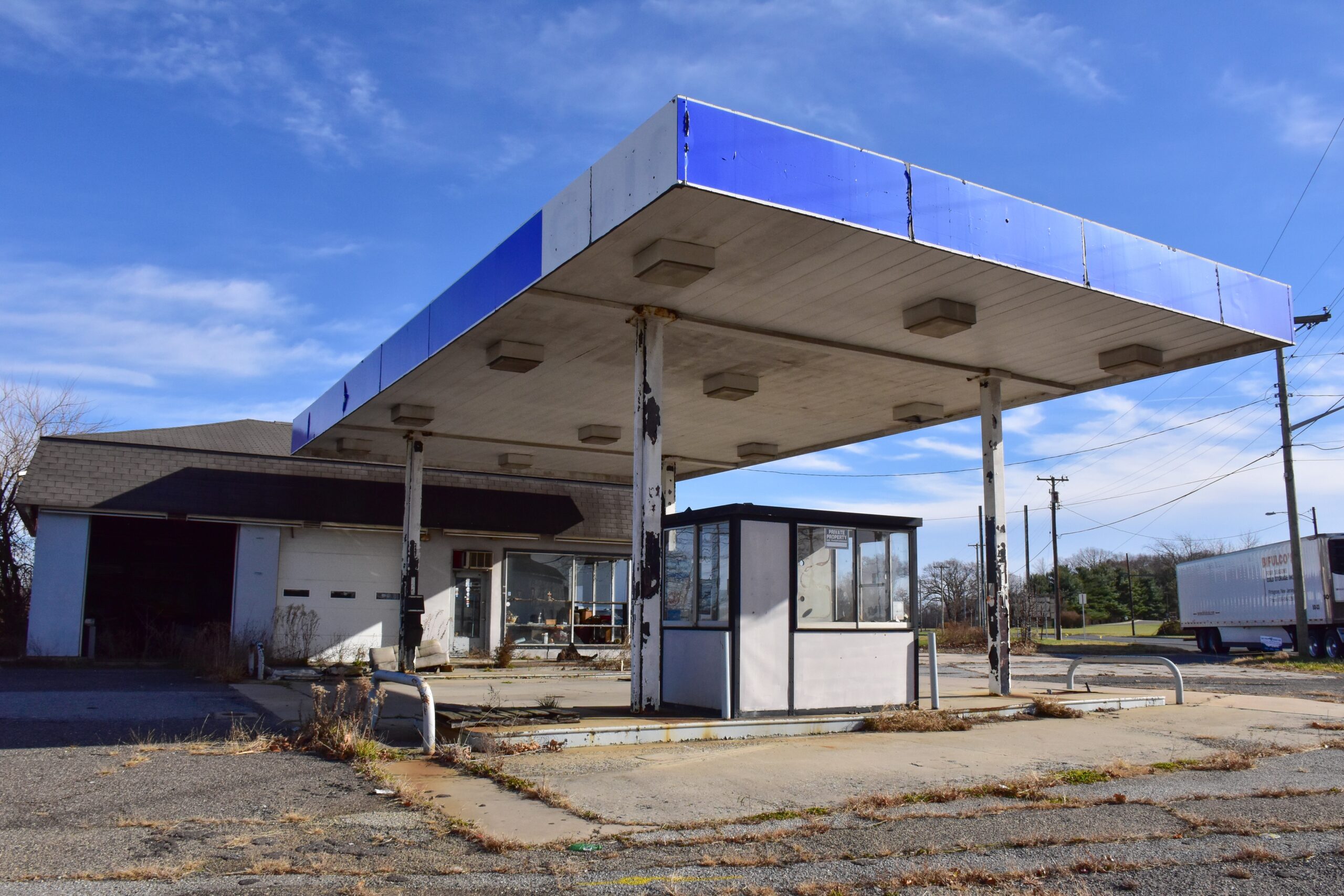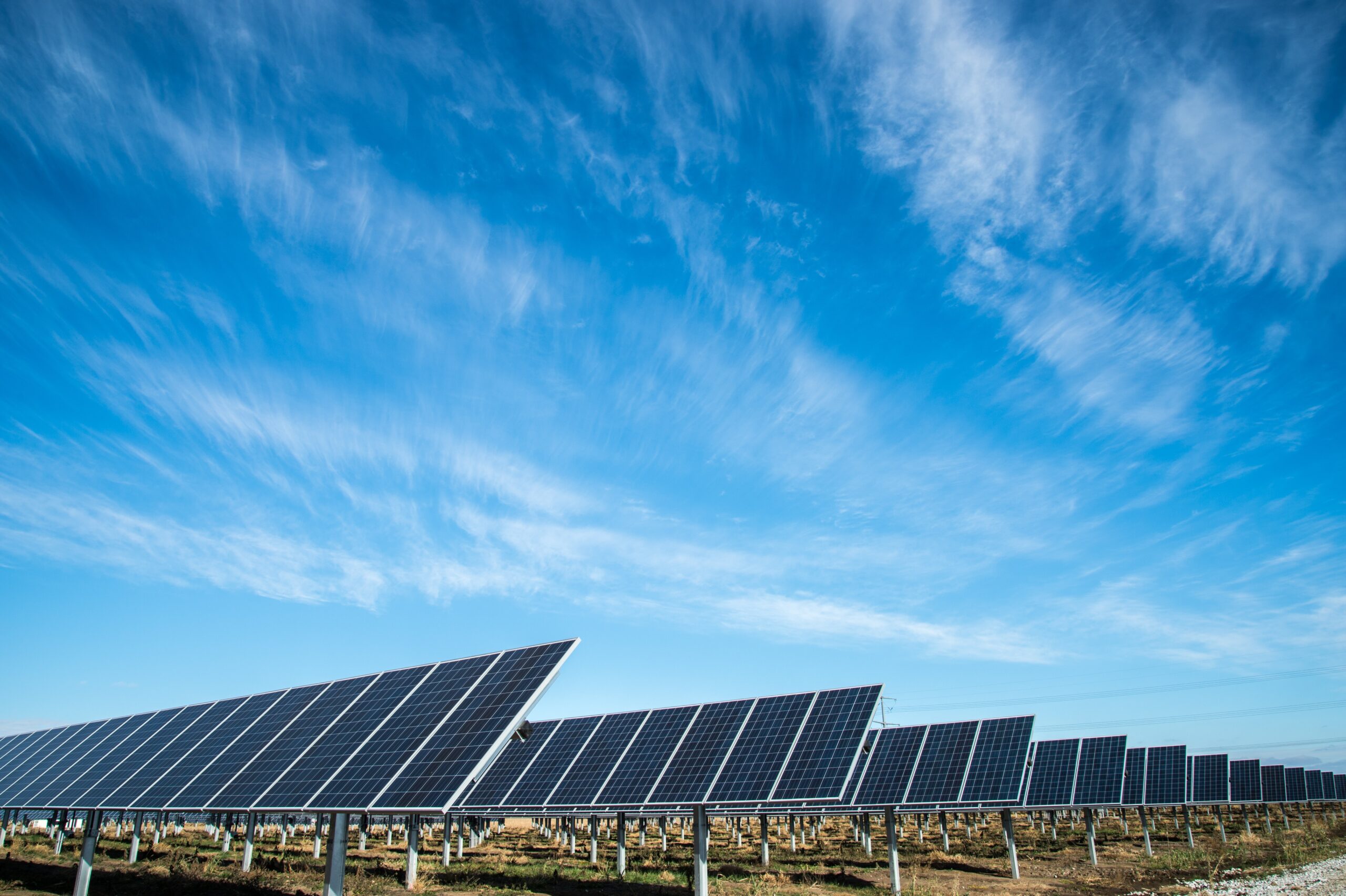Oil Companies to Hike Pump Prices by P2.50: How to Offset The Impact
Oil companies will raise the pump prices of petroleum products by up to P2.50 per liter on Tuesday.

Photo by Jason Mitrione on Unsplash
Oil companies will raise the pump prices of petroleum products by up to P2.50 per liter. Shell and Seaoil will implement the price increase by 6 a.m. on Tuesday.
As we enter the sixth week of consecutive fuel price increases, it’s important to stay informed and find ways to mitigate the impact on our budgets. It’s crucial to make informed decisions and explore strategies to offset these additional costs.
Understanding the Factors
The recent surge in fuel prices can be attributed to various factors, with one significant factor being the cut in daily outputs by Saudi Arabia, the world’s largest oil exporter. The decision to reduce crude production by 1 million barrels per day has caused a two-year low in output, leading to a ripple effect in the global oil market.
It’s essential to recognize that these price hikes are not within our control as consumers, but we can take proactive steps to minimize their impact on our wallets.
1. Embrace Fuel-Efficient Practices
One way to combat rising fuel prices is by adopting fuel-efficient practices. Simple habits such as maintaining proper tire pressure, avoiding excessive idling, and reducing cargo weight in your vehicle can significantly improve your fuel economy. By driving smarter and more efficiently, you can stretch each liter of fuel further, ultimately reducing your overall expenses.
Additionally, consider carpooling or using public transportation whenever possible. Not only will this help you save on fuel costs, but it also contributes to reducing traffic congestion and minimizing your carbon footprint.
2. Explore Alternative Transportation Methods
If you live in an area with accessible public transportation or have a shorter commute, consider alternative transportation methods such as biking or walking. Not only will this help you save money on fuel, but it also promotes a healthier lifestyle and reduces your impact on the environment. Plus, it’s a great way to incorporate physical activity into your daily routine!
For longer journeys or when public transportation isn’t an option, consider ridesharing services like Grab or Uber. These services allow you to split the cost of transportation with others, making it a more cost-effective option, especially for solo travelers.
While the continuous increase in fuel prices may seem daunting, it’s important to approach the situation with a positive outlook. By implementing fuel-efficient practices, exploring alternative transportation methods, and staying informed about the factors influencing prices, we can offset the impact on our budgets.
Remember, small changes can make a big difference, not only in our expenses but also in the environment we live in.









